The Woke Industrial Complex

Chapter 13 of The Destructivists by William Collins, in which he explains why ‘Wokeism’ has become dominant in all centres of power and authority.
The Appeal of Moral Usurpation to the Elites

Chapter 10 of The Destructivists by William Collins, in which he explains why the ‘elites’ – the privileged, the established, the influential, the powerful – have most to gain from the imposed Moral Infantilism of society.
A Short History of ‘Social Justice’

Calls for ‘Social Justice’ seem to be getting shriller, and the demands made in its name stranger. Vidyaruchi explains what the terms have come to mean, where the ideas underlying their current use originated, and why they are so dangerous.
Moral Infantilism

Chapter 7 of The Destructivists by William Collins, in which he explains how supposed moral rectitude functions as a form of power.
A Racial Reckoning

Many people, including some Buddhists, now believe that black lives are ‘systematically and intentionally targeted for demise’ by the police. In the second instalment of ‘An Immoral Panic’, Subhamati examines the evidence.
Our Parlous Society

Chapter 2 of The Destructivists by William Collins, in which he ascribes the divisions in our society to a form of moral corruption which must be countered in moral terms.
A conversation on wise policy making
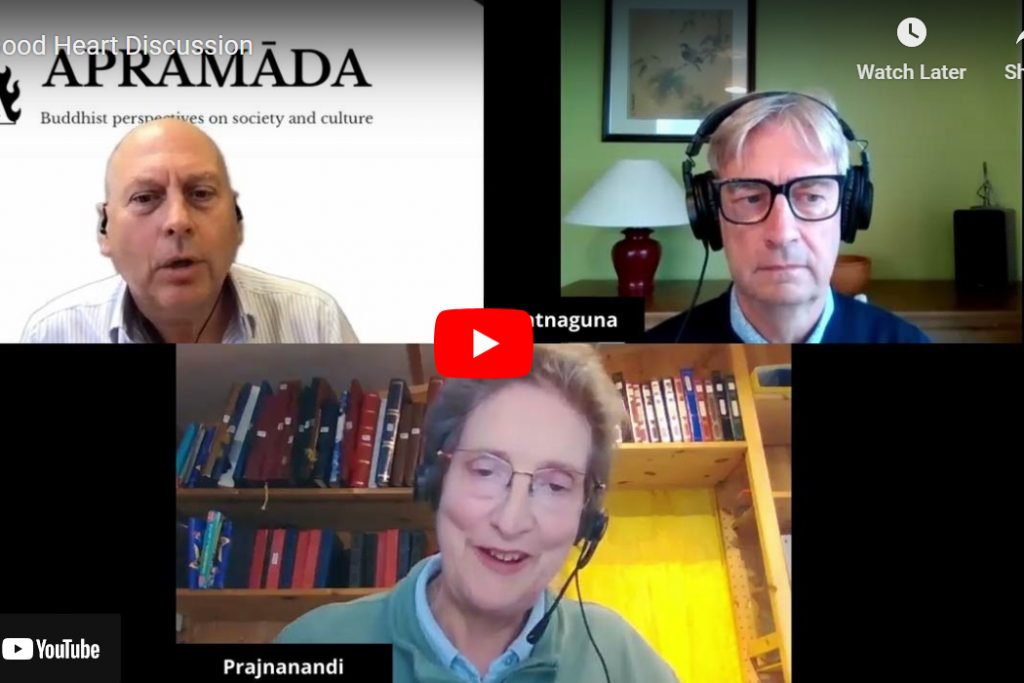
Prajnanandi read ‘a good heart is not enough’, and wrote to the author to say, ‘I absolutely agree with the principles you outlined, but when I applied the principles, I came to the opposite conclusions. Can we talk?’
Taking Liberties

Advayacitta explores how decision making in health care has been increasingly taken away from clinicians and their patients, and replaced by authoritarian control by governments and bureaucracies.
A Good Heart is not Enough – part 3

The concluding part of the series on wise policymaking introduces the fifth principle: ‘hone your truth-seeking ability’. This far-reaching and challenging principle includes some concrete suggestions as to how policymakers can free themselves of groupthink
A Good Heart is not Enough – part 2
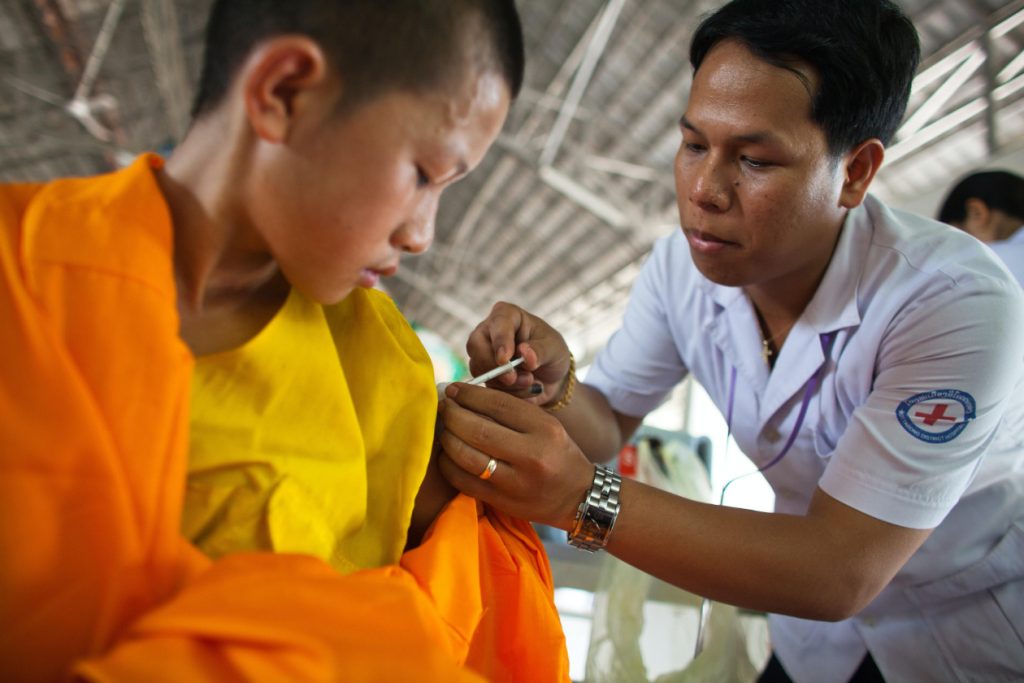
Policy creation is an important activity, rich with possibilities for beneficial action. But how to bring a clear head, as well as a good heart? This second part introduces two further principles of wise policymaking.
A Good Heart is not Enough – part 1

Wise policymaking is a beneficial activity for the world, and hence can be a spiritual practice for leaders of faith communities. But how to bring a wise head, as well as a loving heart?
Despised – why the modern left loathes the working class
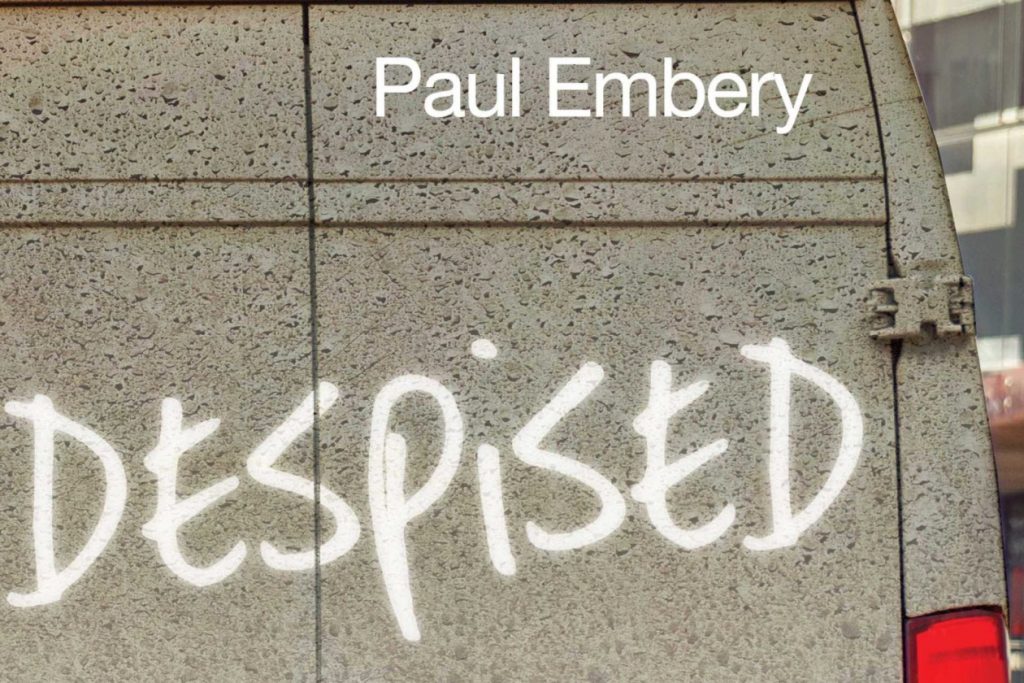
Ratnaguna and Advayacitta discuss the book ‘Despised: Why the Modern Left Loathes the Working Class’ by Paul Embery, and the important issues it raises.
The One-Sided War on Bias

Unconscious Bias Training is a growing industry and is currently highly fashionable among corporations. But is it effective? And in actual use, how free is it from bias? Taking as his starting point the Buddhist notion of avidya, Thomas Hamilton-Shaw casts a critical eye upon UBT.
Reactionary White Buddhists?

An American professor of religion and culture has recently published an article in which she accuses Apramāda of trying to ‘delegitimize and derail racial justice work’. In this article Ratnaguna responds to her criticisms.
Was the Buddha an Antiracist?

How should we define ‘racial equality’? Calls for equality of socio-economic outcomes between racial groups are getting louder. But how coherent are such demands? Or feasible? And what should Buddhists make of them?
Individuals

Part 2 of the series Breaking Free of Tribalism and Becoming an Individual
An Immoral Panic

An investigation into truth, delusion, justice and race in the USA
Tribes

The first of a 3 part series Breaking Free of Tribalism and Becoming an Individual. In this one Ratnaguna examines the nature of tribes.
Walking With the Wind
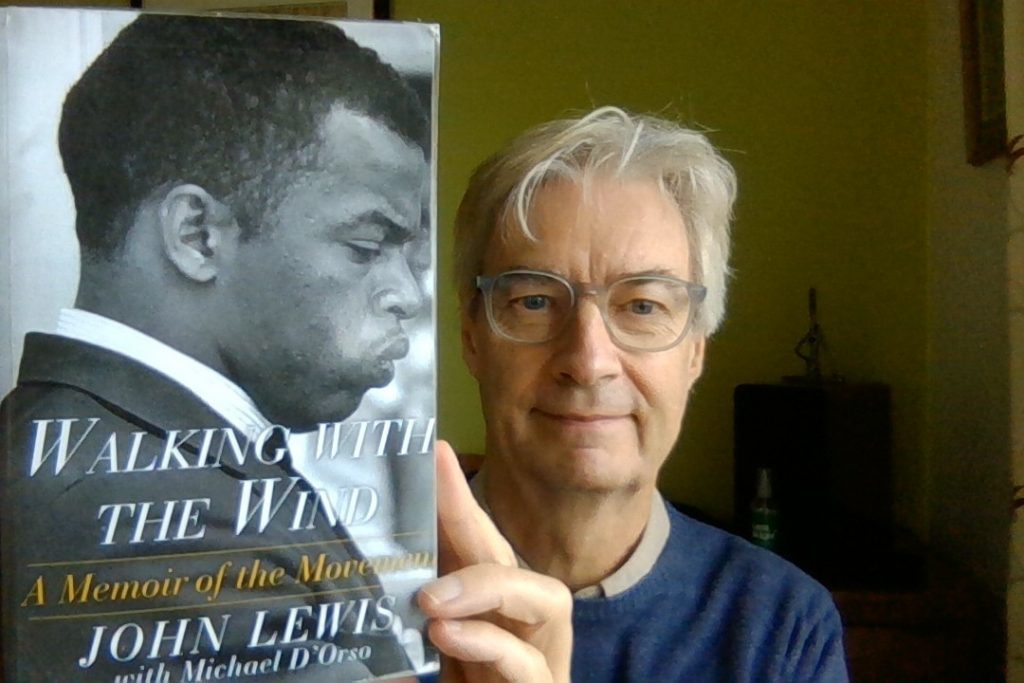
Aryajit interviews Ratnaguna on Walking with the Wind by the Civil Rights activist John Lewis. Please note, Ratnaguna said Lewis was a Republican politician, but he was actually a democrat.
Resisting the Tyranny of the Tribe

As unenlightened human beings, we all have predispositions – patterns of desire, perception and feeling – that often lead us astray and generate suffering. Whole societies can split into mutually unintelligible ‘tribes’, blind to one another’s pain or anger.
An Inward Grace
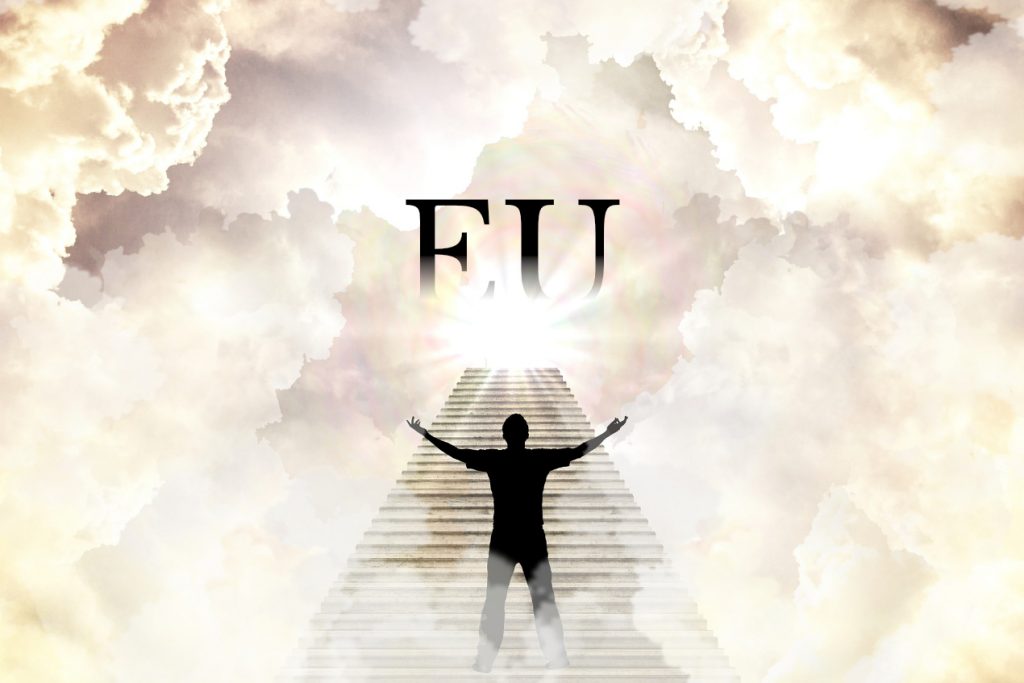
In Part Two of this series, Subhamati takes a closer look at Stephen Batchelor’s Tricycle article on Brexit, and asks whether it inadvertently reveals a significant weakness in the way Western Buddhists think about political matters.
Buddhism and Brexit
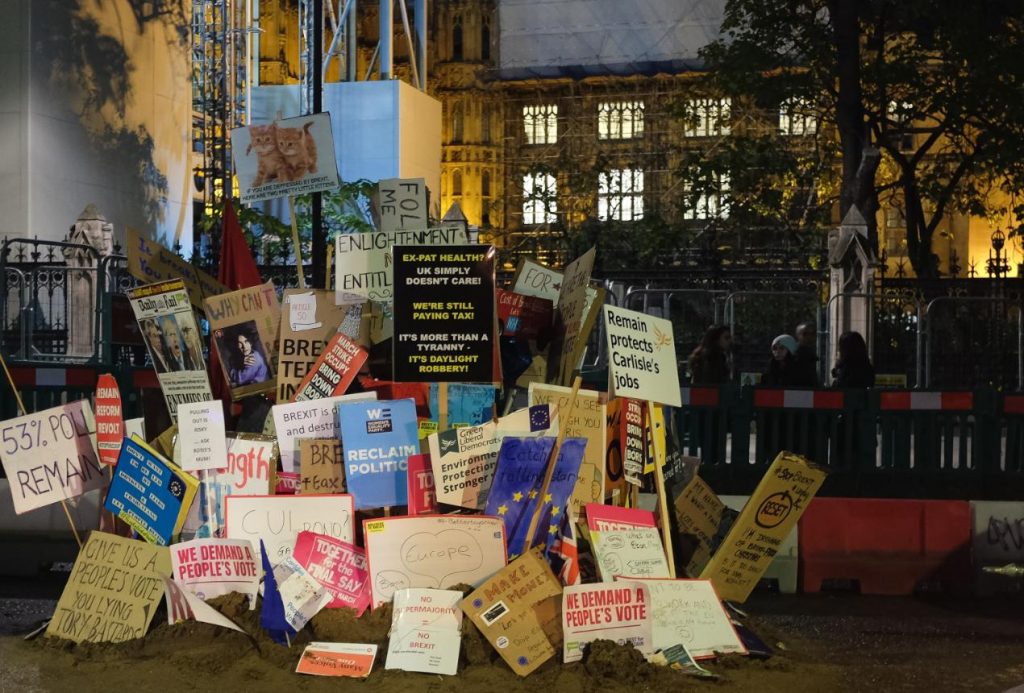
If you are a Buddhist, are you bound to be a Remainer? Many seem to think so, including one of Britain’s best-known writers on Buddhism. But why do they take a ‘tragic and prophetic’ view of Brexit?